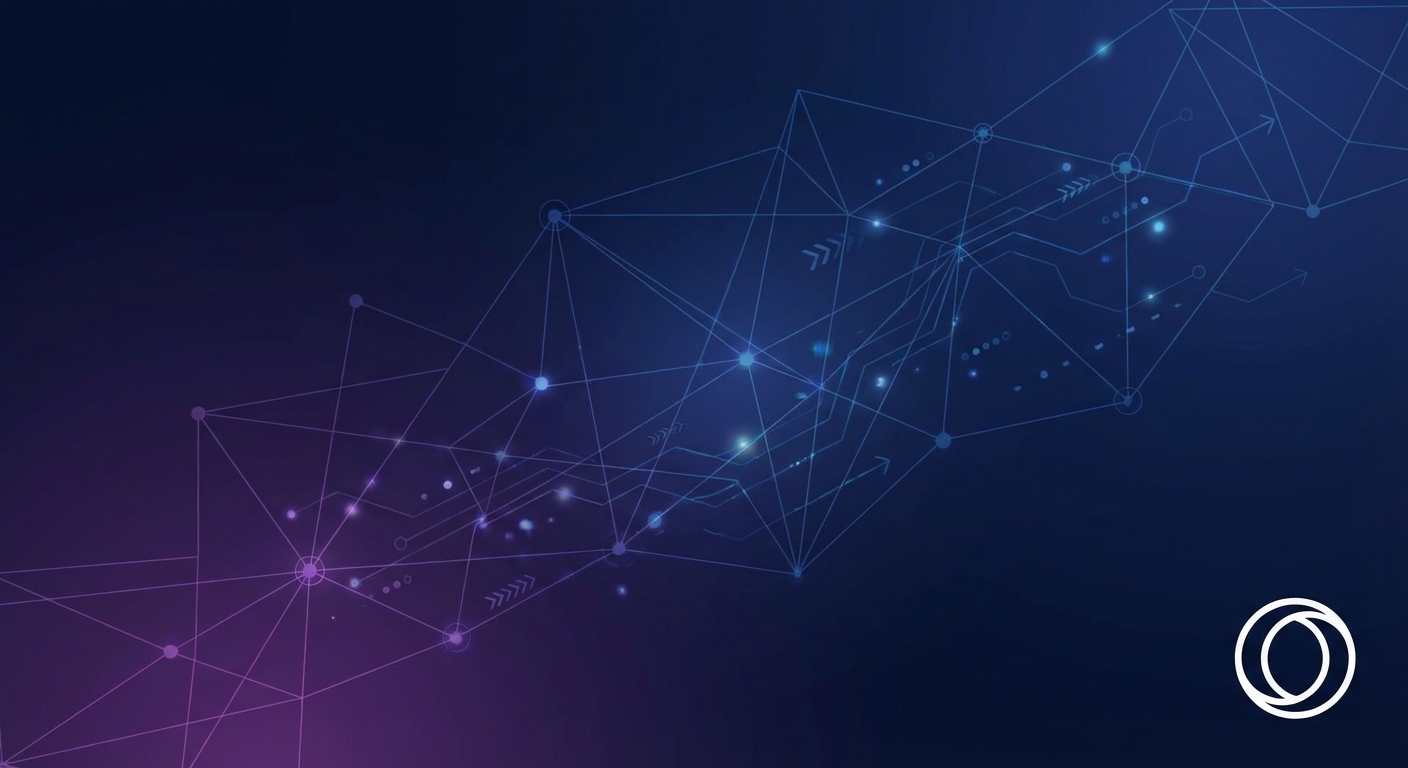Driving Industrial Innovation with Artificial Intelligence
TL;DR
The AI Revolution in Industry: An Overview
Artificial intelligence (AI) is fundamentally reshaping the industrial landscape, moving beyond theoretical concepts to deliver tangible improvements across a multitude of sectors. This transformation is driven by AI's capacity to enhance efficiency, optimize processes, and unlock new levels of productivity. Key areas of impact include advanced automation, sophisticated data analysis, and the development of intelligent systems that augment human capabilities. For instance, AI is instrumental in solving complex challenges such as optimizing intricate supply chains and improving the safety of manufacturing operations.
- Automation is a game changer. Think robots doing the dangerous work and ai handling repetitive tasks. It's not just about cutting costs, its about protecting workers and making things more efficient.
- Predictive maintenance is where it's at. Forget waiting for a machine to break down; ai can spot problems before they happen, like Siemens using ML in gas turbines to predict component failures. Biz4Intellia mentions how predictive maintenance reduces downtime and extends asset life.
- Better decisions are being made, faster. ai can chew through tons of data and spit out insights that humans would miss.
It's popping up everywhere. From personalized medicine in healthcare to optimizing logistics in supply chains. WinWire points out that ai is impacting pretty much every industry and business process.
And that's just the beginning, there's way more to explore.
Key AI Applications Driving Innovation
It's pretty amazing how much stuff is getting done by machines these days without us even realizing it.
- AI-powered robots are hitting their stride. It's not just about replacing people--it's about doing stuff that's too dangerous or precise for us. Think handling hazardous materials or assembling tiny electronics.
- Intelligent automation is streamlining everything. No more endless repetition for workers, ai takes care of the tedious stuff so humans can focus on more creative tasks. This goes beyond simple task execution to optimizing entire workflows.
- Diverse applications Imagine ai optimizing traffic flow in cities, or managing energy grids to reduce waste. The possibilities? Endless, really.
Take manufacturing, for instance. ai vision systems are inspecting products for defects way faster and more accurately than any human could. This means fewer mistakes, less waste, and higher quality stuff for us to buy.
It's all about making things more efficient.
Benefits of AI in Industrial Settings
AI is increasingly being deployed in industrial settings, leading to significant improvements in safety and operational efficiency.
- Hazardous environments are getting a whole lot safer with ai-driven systems. Instead of people risking their lives in, say, a chemical plant, ai can monitor conditions and control processes remotely.
- Accidents are way down when you have ais monitoring everything. We are talking about, fewer injuries, less downtime, and happier workers.
- Compliance is easier, too. ai can keep an eye on regulations and make sure everything's up to snuff.
So, yeah, ai isn't just about making things faster and cheaper. It's about keeping people out of harm's way. and that's pretty cool, if you ask me. Next up, we'll talk about how ai helps cut costs.
Overcoming Challenges in AI Implementation
So, you're trying to get ai to play nice with systems that are, shall we say, vintage? Not always a walk in the park.
- Compatibility headaches are common. Older systems might not speak the same language as new ai, requiring translators--or "apis"--to get them talking. APIs (Application Programming Interfaces) act as intermediaries, defining how different software components should interact, allowing disparate systems to exchange data and functionality without needing a complete overhaul. Other integration strategies might involve middleware or data transformation layers.
- Modernization, even if its partial, is key. Think of it as giving your grandpa a smartphone - he still needs some help figuring it out.
- Integration strategies are needed to avoid a total system overhaul. Phased rollouts? essential.
next? Lets see how to make sure the data is good enough.
Future Trends in AI-Driven Industrial Innovation
AI agents are a significant development, representing autonomous or semi-autonomous software entities capable of perceiving their environment, making decisions, and taking actions to achieve specific goals. Unlike general AI applications, agents are designed to operate with a degree of independence, learning and adapting over time.
- Automation gets a major boost. ai agents can handle repetitive tasks and complex workflows, freeing up human employees for more creative work. They can manage schedules, monitor systems, and even initiate corrective actions.
- Customer service is getting a serious upgrade. Think faster response times and personalized support, all thanks to ai agents crunching data and understanding customer needs, like how some companies are using chatbots.
- Data analysis becomes way easier, ai agents can sift through massive datasets to find hidden insights, helping businesses make smarter decisions.
Conclusion: Embracing AI for Industrial Leadership
We've covered a lot about ai driving innovation in industry. But what's the big picture takeaway?
- Basically, it's about staying competitive. Companies that ignore ai are gonna get left behind, plain and simple. It's not just hype; it's about efficiency, safety, and making better decisions. As Biz4Intellia notes, it's human-machine collaboration, not replacement.
- Businesses need to start thinking about ai strategies now. it doesn't have to be a massive overhaul, but figuring out where ai can streamline processes is key. Think about predictive maintenance, ai-powered robots, or even just better data analysis.
- The long-term vision? ai isn't just a tool; it's a partner. It's about creating systems where humans and machines work together to solve problems and create new opportunities, that's what WinWire was saying.



